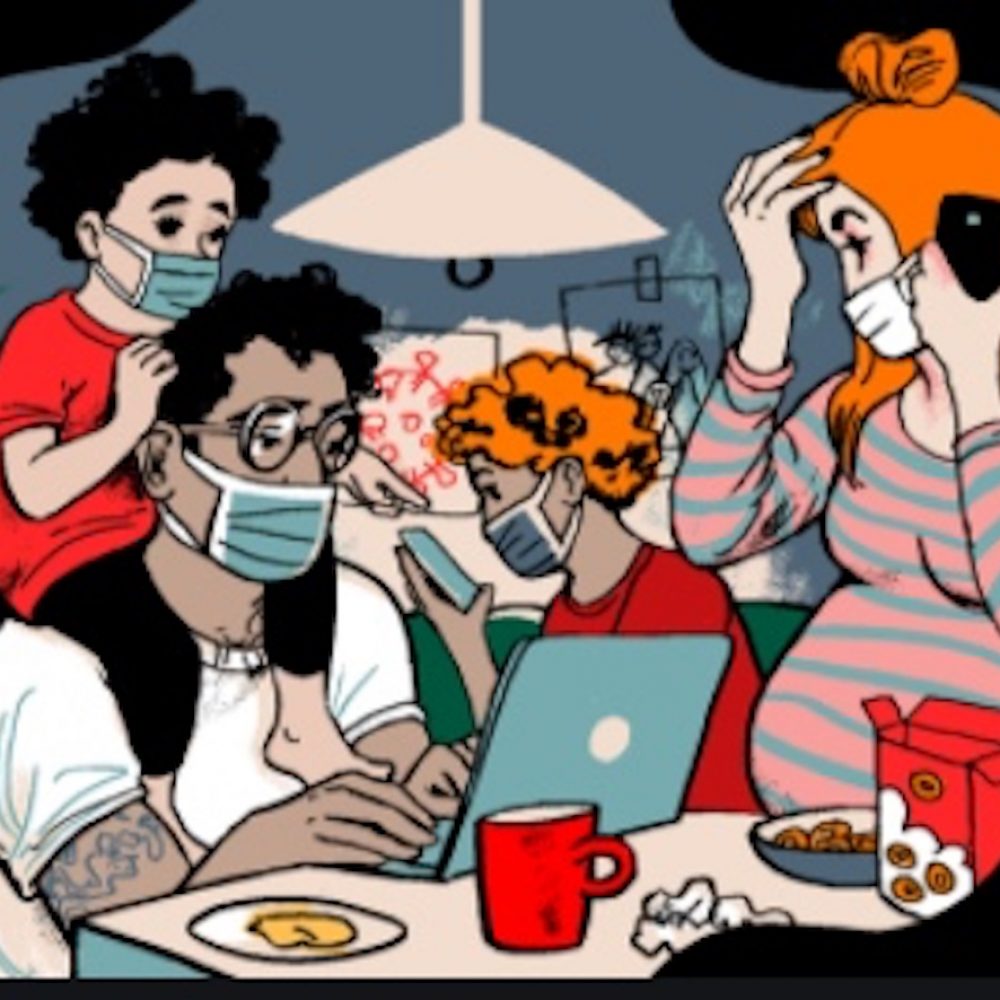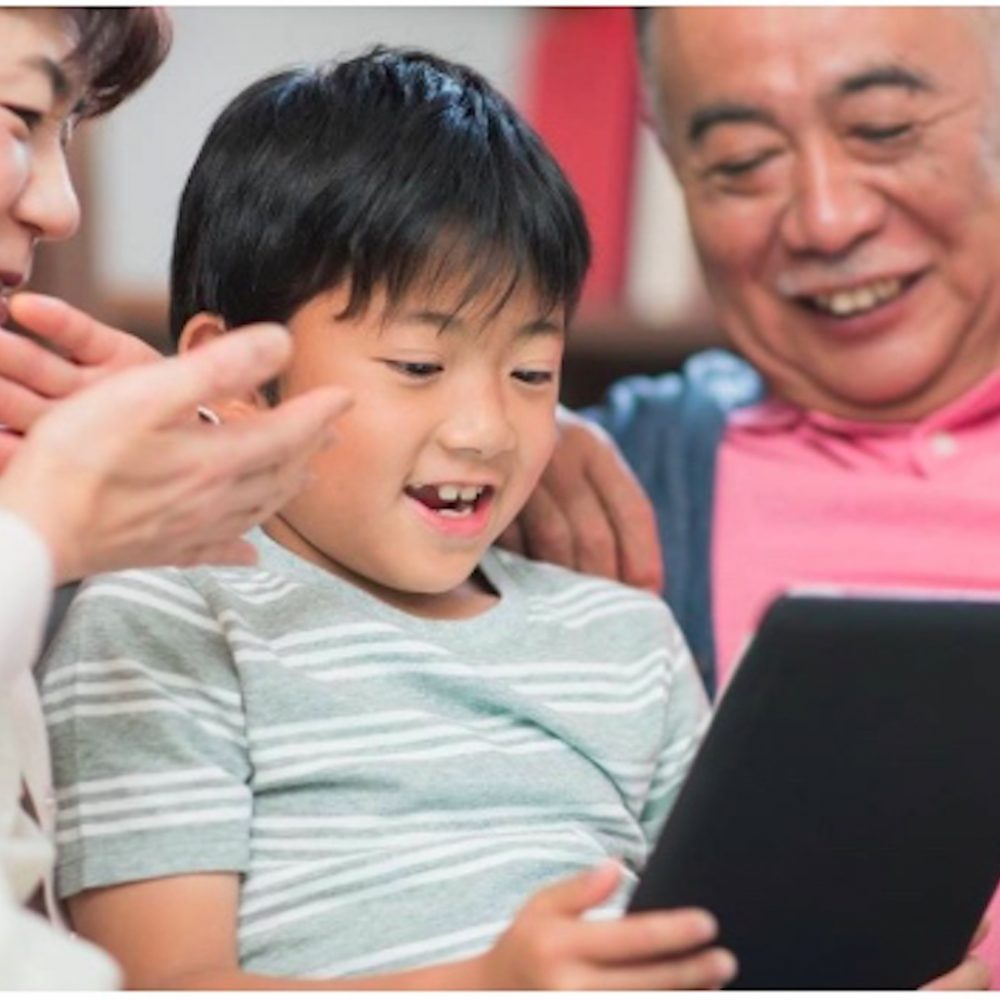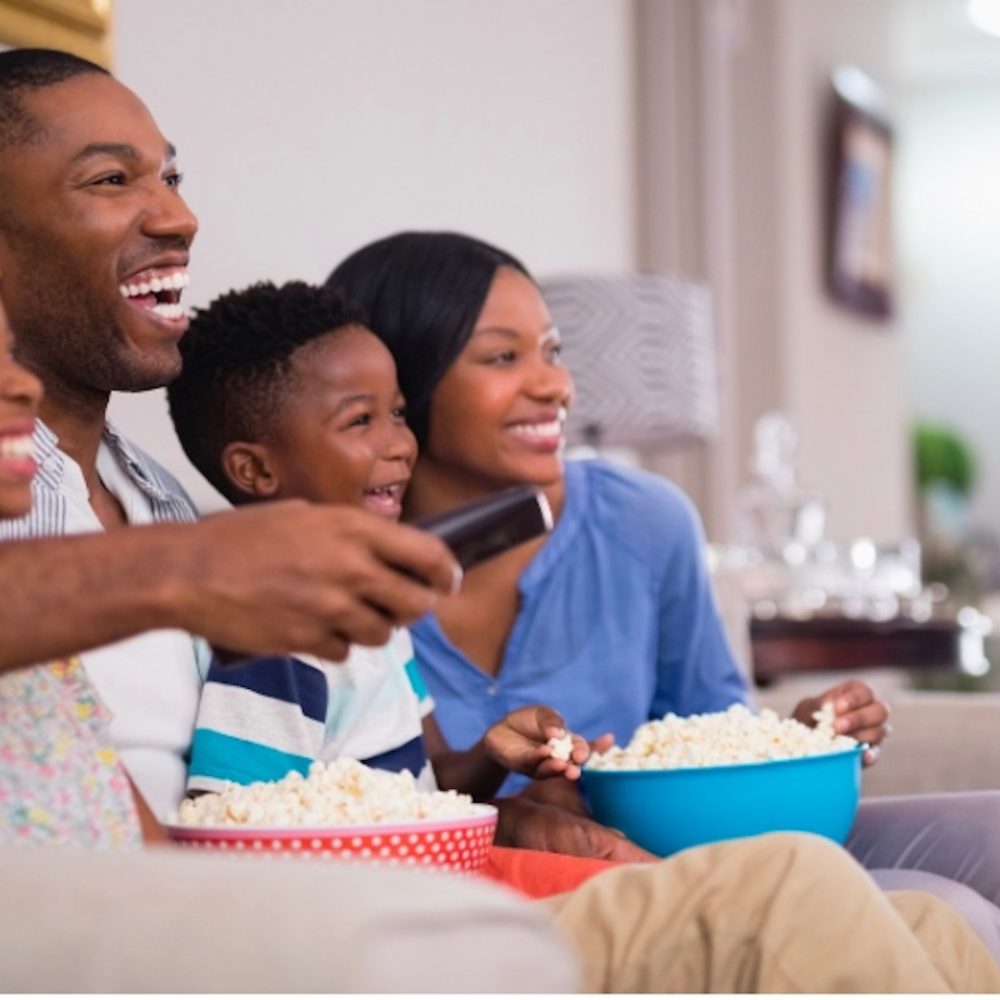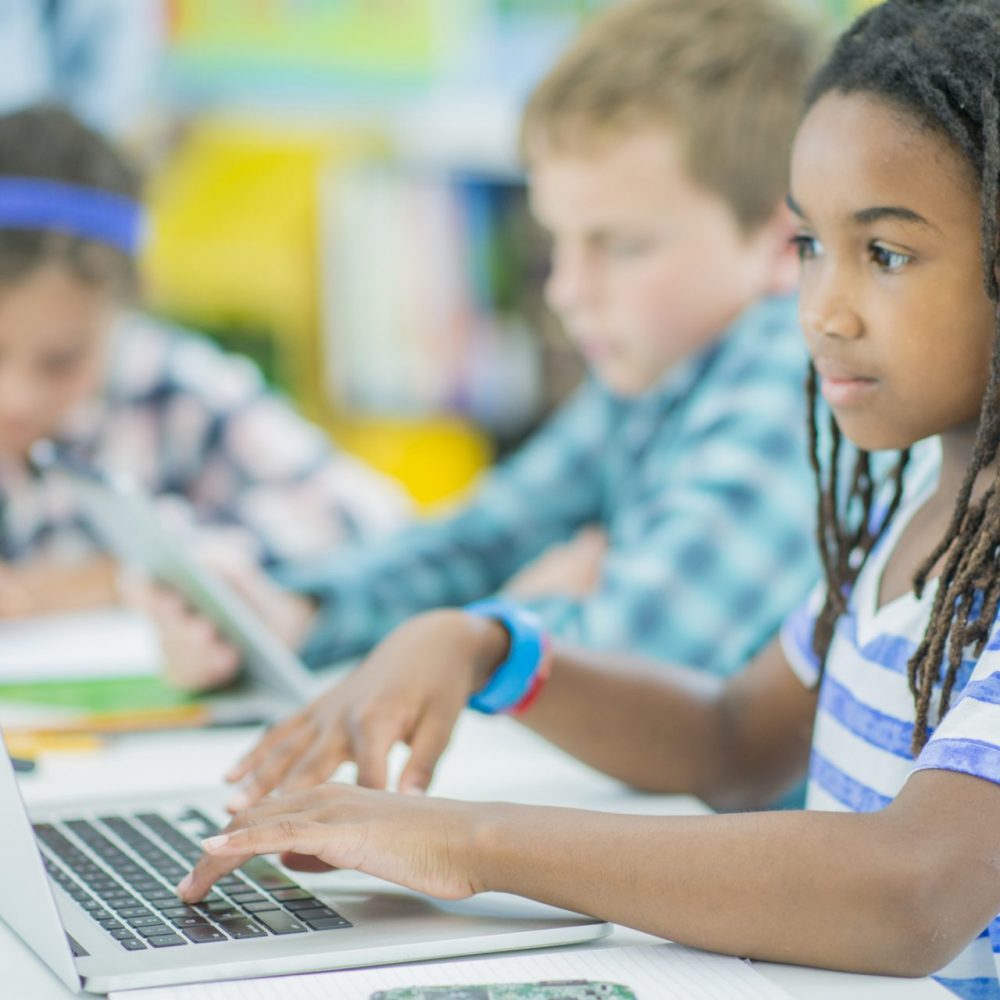Media Literate Parenting
View AML’s latest resources on media literate parenting.
Screens. Social Media. Self regulation.
Read our articles for research-based insight.

Recent and reliable resources
- Sonia Livingstone is a UK researcher at the London School of Economics whom we recommend for her investigations into the opportunities and risks of digital media use in everyday lives of children and young people. For reliable data and parenting tips, subscribe to the LSE’s excellent blog, Parenting for a Digital Future. Follow her lively Twitter feed @Livingstone_S.
- Childnet (UK) works directly with children and young people from the ages of 3 to 18 on a weekly basis, as well as parents, carers, teachers and professionals, finding out about their real experiences online, and the positive things they are doing as well as sharing safety advice. They take a balanced rather than preventative approach as they use their findings to develop resources.
- The Nurture Network (eNurture) is a UKRI funded network that fosters new collaborations to promote children and young people’s mental health in a digital world. Over the next four years (2018-2023), the network will bring together academic researchers, professional advisers and partners from public, private and third sector organisations.
- Check out this thoughtful article from Elissa Strauss of CNN on the term “screen time”.

Helping Children Through the Pandemic
Glenys Vivian, education and school-based wellness lead with Ontario’s York Region District School Board, has a wealth of expertise in addressing children’s responses to trauma. She chatted with AML’s Neil Andersen and Carol Arcus in three podcasts recently. Here is a quick summary of her recommendations, followed by a list of useful resources:

40 Ideas for Media Literacy at Home
In light of the Covid -19 pandemic many people are spending more time at home and engaging in various online and offline activities. Many of these activities may involve getting creative to have fun and provide entertaining activities for both adults and children alike. As a follow up to the blog post 40 Ideas for Incorporating Media Literacy In Kindergarten this blog post can offer you ideas for incorporating media literacy at home.
Read here.

Grandparenting and Media
Children discover media early, about the time they become aware of colours and motion. When they start to explore with their hands, they thrill to the sounds and colours they can evoke from electronic tables, toys, cribs, screens, etc. They learn early-on the relationship between their hands and the mediated world. For them a squealing squeeze toy or a chiming button is the same cause-and-effect interaction.

Voice Assistants
Hey Google, who are Siri, Cortana and Alexa?
Children really like voice assistants for at least two reasons: the interface is easy, requiring only voice commands instead of the challenges of the keyboard or tablet; and they get instant results, giving them a feeling of empowerment. Toddlers love to request a favourite song that plays almost immediately. Voice assistants are also our first robots, so they are helping children prepare for working with robots in their future personal and professional lives.

Families and TV
While pundits predict the end of TV, it is still a major family activity. Older broadcast TV (CBC, CTV, Global) is controlled by a different set of policies than cable and OTT TV (Netflix, Prime, HBO). That means that parents might allow children freedom to watch broadcast TV confidently knowing that content is vetted by censors. When it comes to OTT TV, however, content may contain language, actions and events that many parents rightfully consider inappropriate for young viewers.

Tracking
Smart devices, like all technologies, have many sides. From the users’ side, we think that smart devices are good because they make decisions on their own, needing less supervision and control from us. Want to phone someone? Just speak to your smartphone. It looks up the number and initiates the call, hands free. Woo hoo. Want to know if you need an umbrella today? Same deal.

Are We Addicted?
Many families are concerned that they are spending too much time on their devices and/or spending time on the wrong activities. Many experts are happy to tell them that they are, but a more honest answer is, “We don’t know.”

Vaping
Parents have many legitimate concerns about vaping. Laws concerning cigarette sales and consumption are clear, but vaping is a new attraction. Its long-term effects are unknown. Cigarettes contain tobacco and other chemicals, but vaping offers a new cocktail of unknown chemicals and risks.

Protecting Online Privacy
Comparitech is a company that offers a variety of online services. As part of its corporate citizenship and marketing, it also offers guides for wise internet use. Among those guides is Protecting Children’s Privacy Online – A Guide for Parents, Carers and Educators.


